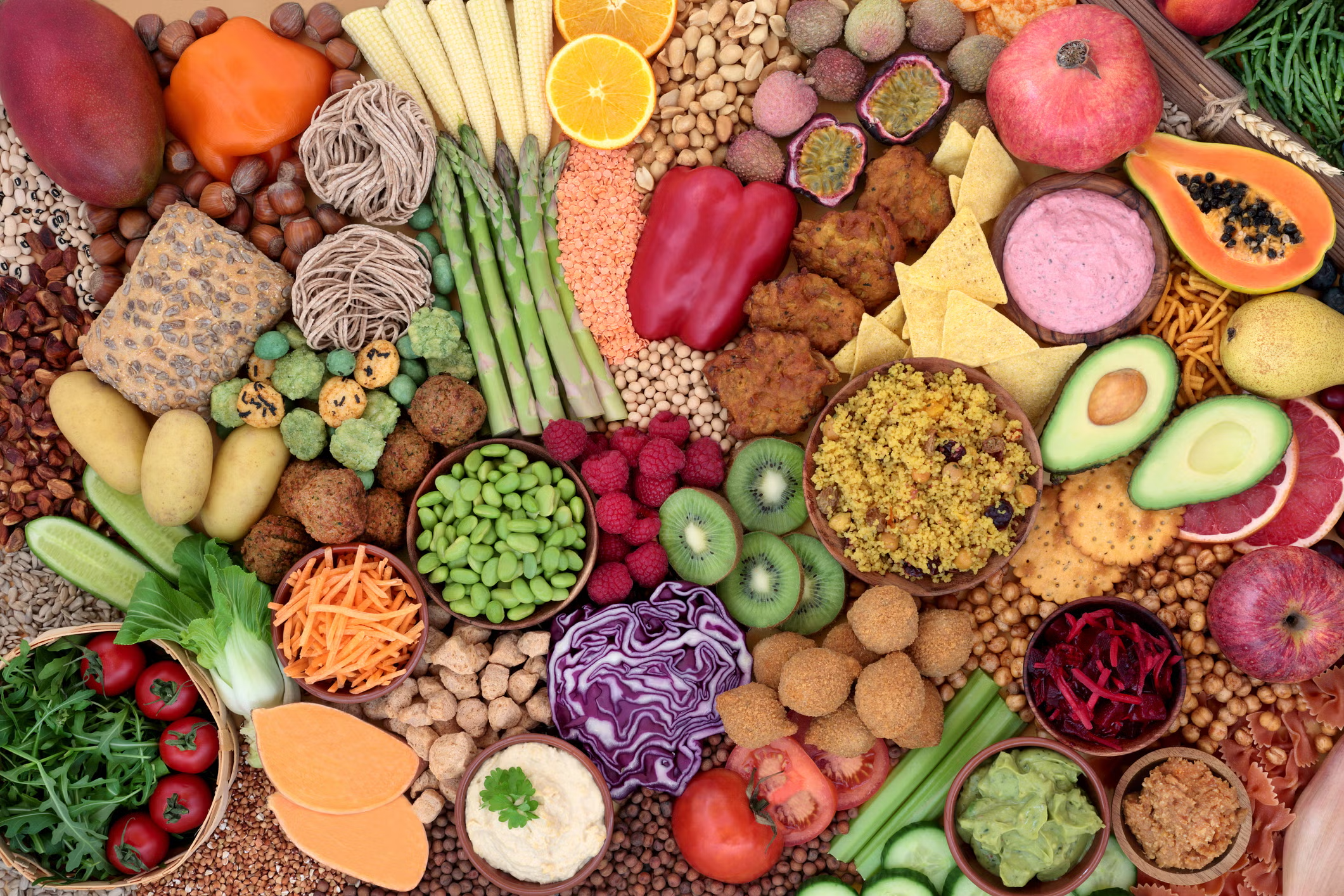
More people consider plant-based diets. This way of eating excludes animal products. It focuses on fruits, vegetables, and grains. Legumes, nuts, and seeds are also key. Many embrace it for health reasons. Others choose it for ethical concerns. Environmental impacts also motivate some. It’s a significant lifestyle shift. Understanding its effects on your body is vital. This choice impacts overall well-being. It’s not a one-size-fits-all solution.
Defining Plant-Based Living
A plant-based lifestyle centers on plants. It means minimizing animal product intake. This includes meat, dairy, and eggs. Some people choose strict veganism. Others adopt a more flexible approach. They might occasionally eat animal products. The emphasis is on whole, unprocessed foods. This dietary pattern is diverse. It allows for many food choices. It encourages culinary exploration. It’s a spectrum, not just one rule.
Potential Health Benefits
Many health benefits are linked. Plant-based diets support heart health. They can lower blood pressure. Cholesterol levels often decrease. Risk of type 2 diabetes may reduce. Some studies show lower cancer rates. These diets are typically rich in fiber. Fiber aids digestion and satiety. They are often lower in saturated fat. Weight management can become easier. This contributes to overall wellness. It’s a powerful health tool.
Addressing Nutrient Concerns
Careful planning is essential. Some nutrients need attention. Vitamin B12 is only in animal products. Fortified foods or supplements are necessary. Iron absorption can be tricky. Plant sources include lentils and spinach. Vitamin C helps with iron absorption. Calcium from plants is available. Leafy greens, fortified milks are good. Omega-3 fatty acids from flax seeds. Zinc and iodine also need monitoring. A varied diet prevents deficiencies. Consult a dietitian for guidance.
Your Body’s Initial Adjustments
Your body will likely adjust. Digestive changes are common. Increased fiber can cause gas. Bloating might occur at first. These symptoms usually subside. Your gut microbiome will shift. It adapts to the new foods. Energy levels might fluctuate initially. Give your body time to adapt. This transition period is normal. Listen to your body’s signals. Adjust your intake as needed. Patience is a virtue here.
Energy Levels and Performance
Energy levels can improve over time. Many plant-based athletes thrive. They report sustained energy. Complex carbohydrates are abundant. These provide slow-release energy. Protein intake is crucial for energy. Combine different plant proteins for completeness. Lentils, beans, tofu are good sources. Monitor your energy carefully. If feeling sluggish, review your diet. Ensure adequate calorie intake. This fuels your body properly.
Gut Health and Digestion
Plant-based diets boost gut health. They are rich in dietary fiber. Fiber feeds beneficial gut bacteria. A diverse microbiome is important. It aids digestion and nutrient absorption. It also impacts immune function. Regular bowel movements are common. Less constipation often occurs. Some initial gas is normal. It shows your gut adapting. Listen to your digestive system. Adjust fiber slowly if needed. A healthy gut means a healthy you.
Impact on Skin and Hair
Skin and hair may show changes. Many report clearer skin. This might be due to less dairy. Increased antioxidants are beneficial. Fruits and vegetables are full of them. Hydration also plays a role. Hair might become stronger and shinier. Ensure adequate protein intake for hair. Healthy fats are important for skin. Avocado, nuts, seeds are great. Noticeable improvements often occur. It supports natural beauty.
Monitoring Your Well-being
Pay close attention to your body. Track how you feel daily. Note changes in energy or mood. Monitor your digestion and sleep. Regular blood tests are advisable. Check for nutrient levels like B12. Discuss any concerns with your doctor. They can provide personalized advice. A dietitian can optimize your diet. Self-awareness is key for success. It helps ensure long-term health. Adjust as needed.
Long-Term Sustainability
A plant-based lifestyle is sustainable. It offers diverse and delicious foods. Meal planning helps ensure variety. Explore new recipes and cuisines. Connect with a supportive community. This provides encouragement and ideas. Being flexible helps long-term adherence. It’s about progress, not perfection. This journey is continuous. It promotes holistic well-being. It can be a lifelong choice.
Making the Transition Smoothly
Transition slowly, don’t rush it. Start by adding more plants. Reduce animal products gradually. Experiment with new recipes. Find plant-based alternatives you enjoy. Focus on whole, unprocessed foods. Educate yourself constantly. Read books, follow experts. Meal prep helps maintain consistency. Be patient and kind to yourself. Small steps lead to big changes. Enjoy the exploration of food.
A plant-based lifestyle can transform your health, but listen to your body and plan carefully for optimal well-being.
